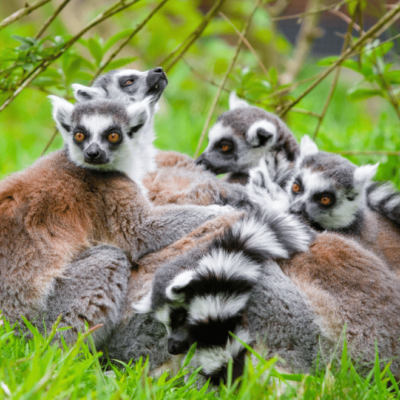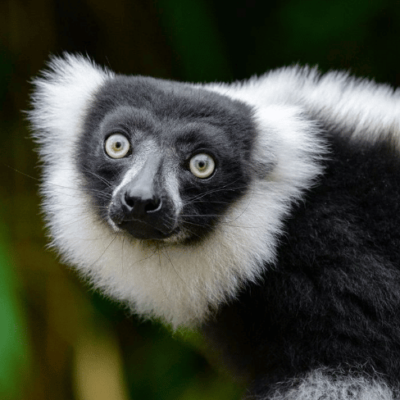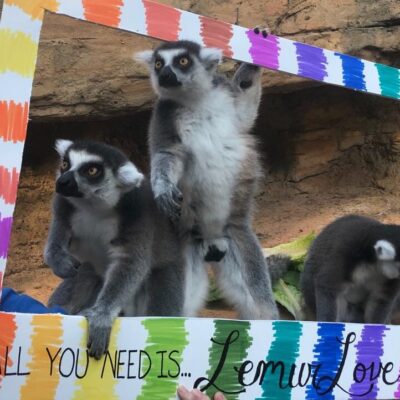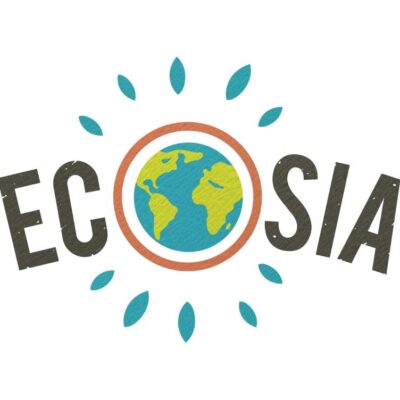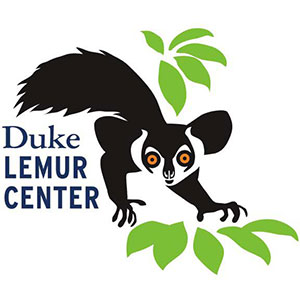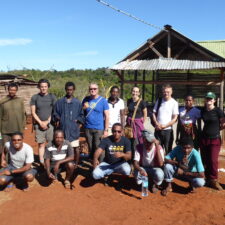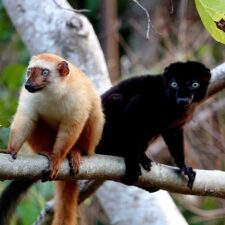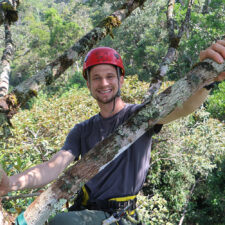How To Help
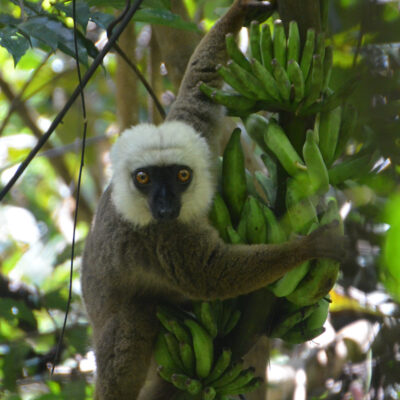
We can all help save lemurs from extinction.
Conservation isn’t easy. People and organizations are working across Madagascar with local communities on reforestation, habitat protection, education, building local capacity, and more.
They need our help. If we all work together, we can help Madagascar’s lemurs and other unique wildlife thrive for generations to come. Below, find many ways you can help, including donating, volunteering, traveling to Madagascar, making sustainable choices at home, and even switching your search engine!
BECOME A SUPPORTING MEMBER OF LCN
You can join our network as an individual, conservation organization, research group, zoo, or business. Our supporting members — individuals, businesses, and supporting zoos — contribute financially to our work and allow us to donate even more to small Malagasy organizations. Learn about our membership types.
SUPPORT CONSERVATION MEMBERS
Funds are desperately needed for conservation in Madagascar. Find a conservation member and donate to them directly, explore volunteer opportunities, or shop to support conservation!

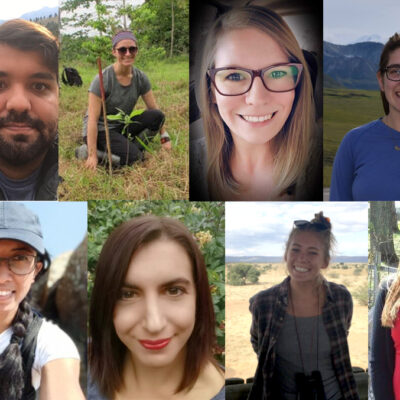
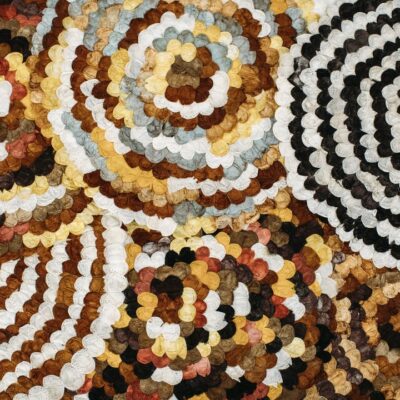
Shop
Shop at our store, or find stores supporting our members’ work. Find ethical companies that work in Madagascar and support Malagasy people, or at for profit organizations that donate a portion of sales to lemur conservation.
LEARN AND SHARE
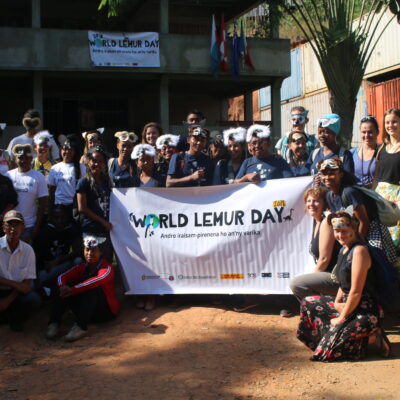
Celebrate World Lemur Day and the World Lemur Festival
Help us celebrate lemurs and spread the word about their conservation on World Lemur Day and during the World Lemur Festival! World Lemur Day is the last Friday of October, and the World Lemur Festival is celebrated around the world in the weeks surrounding it.


Share about Lemurs on Social Media, but Avoid Lemur Selfies!
Visit the Lemur Conservation Network on Facebook, Instagram, and Twitter. Share our posts to help your friends and family learn about, and love, lemurs.
But, please don’t share any photos with lemurs that are pets, might be pets, or might look like pets to someone else! Research shows that sharing lemur selfies makes people more likely to want one as a pet. This impacts the illegal pet trade of lemurs in Madagascar, because local people see posts online of pet lemurs and then want one of their own. Don’t share any photo that shows lemurs in close contact with a human or in clothing.
MAKE SUSTAINABLE CHOICES AT HOME
Madagascar, its wildlife, and the Malagasy people are directly impacted by climate change and deforestation. In recent decades, extreme weather is increasing, causing severe droughts in the south and worse typhoons in the north.
Search with Ecosia.org
Ecosia is a search engine, just like Google and Bing. But, 80% of their profits are donated to plant trees! One of their tree planting partners is LCN member Eden Reforestation Projects, who has planted over 340 million trees in Madagascar, and even more around the world!
Add Ecosia to your browser so that every search plants trees.

TRAVEL TO SEE LEMURS
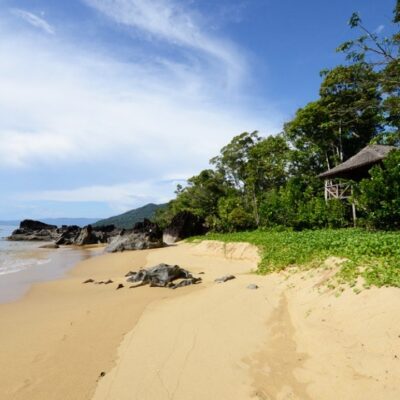
Travel to Madagascar
Madagascar is amazing to visit to see beautiful landscapes, see lemurs in the wild, and learn about the Malagasy culture. And, tourism helps the economy in Madagascar, and provides good jobs for local people. It also helps people see value in the protection of lemurs and the forests they call home.

